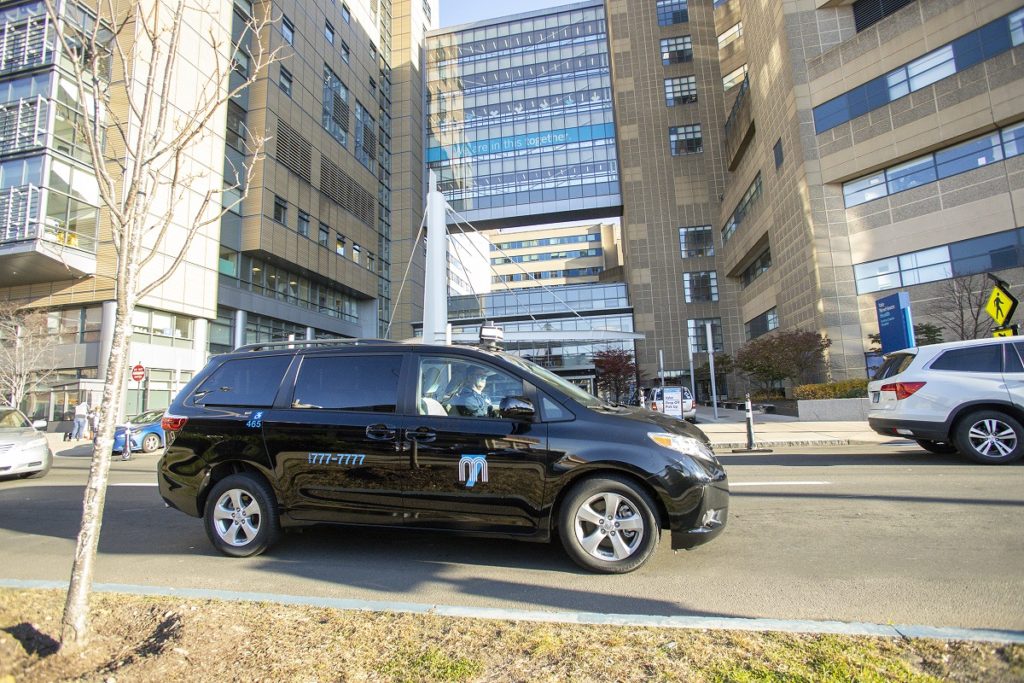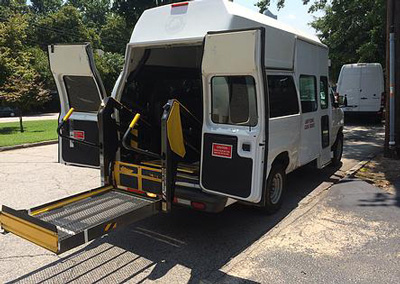Available and Affordable Medical Transport Options for Seamless Health Support
In the realm of healthcare, the access and cost of clinical transport are paramount in making sure individuals can access the treatment they need when they require it. The ability to perfectly navigate transportation alternatives can substantially influence an individual's capability to get prompt medical focus, follow-up treatment, and overall well-being. From non-emergency medical transport solutions to cutting-edge services like telehealth, the landscape of medical transport is developing to meet the varied needs of clients. Considering the relevance of this aspect in healthcare distribution, exploring the array of options readily available becomes crucial for addressing voids in ease of access and cost.
Non-Emergency Medical Transportation Solutions

These solutions are staffed by qualified experts who prioritize person comfort and safety throughout transit. Motorists are geared up to manage people with differing medical needs and make certain that all journeys are trouble-free and smooth - Medical Transportation Services Near Me. In addition, non-emergency clinical transportation services often make use of customized automobiles that are wheelchair-accessible, making them suitable for a broad variety of patients with various mobility requirements
Volunteer Driver Programs
Volunteer vehicle driver programs contribute in giving transportation help for people in need of non-urgent clinical care. These programs rely upon the generosity of volunteers that contribute their time and automobiles to assist transport patients to and from medical appointments. By making use of volunteer vehicle drivers, companies can use an economical option for individuals who might not have access to reputable transportation.
Among the crucial advantages of volunteer vehicle driver programs is the customized care and attention that individuals get. Unlike traditional transport solutions, volunteer motorists frequently create a connection with the individuals they aid, developing a thoughtful and supportive setting during what can be a stressful time. Additionally, volunteer vehicle driver programs can assist link the gap for individuals staying in rural or underserved areas where mass transit options might be restricted.
Public Transport Options

One of the vital benefits of public transport is its widespread accessibility in city and rural locations alike. This comprehensive network permits patients from diverse histories to take a trip to medical appointments with loved one convenience. In addition, public transportation systems are usually furnished to accommodate individuals with impairments, providing easily accessible traveling alternatives for those with wheelchair difficulties.

Ride-Sharing and Transportation Network Firms
The evolution of modern transport alternatives for medical objectives extends beyond traditional public systems like buses and trains to include the cutting-edge realm of ride-sharing and transportation network companies. Ride-sharing solutions such as Uber and Lyft have actually changed the method individuals travel to medical appointments, providing convenience and flexibility to individuals who may not have access to their lorries or typical mass transit. These platforms enable individuals to request a ride with the touch of a button on their smartphones, supplying door-to-door solution that can be specifically valuable for individuals with mobility obstacles or those calling for help.
Transport network companies (TNCs) have also played a substantial function in connecting the gap in clinical transportation solutions. Firms like Veyo and RoundTrip concentrate on non-emergency medical transport, catering to individuals that need a greater degree useful throughout their journeys to clinical centers. By partnering with health care providers and insurance companies, TNCs ensure that people can access trustworthy and timely transport services, inevitably contributing to boosted wellness end results and patient contentment.
Telehealth and Digital Assessments
Enhancing healthcare availability and ease, telehealth and online examinations have become pivotal elements in modern clinical methods, this contact form reinventing the means individuals communicate with medical care service providers. Telehealth leverages modern technology to promote remote interaction in between individuals and medical care professionals, providing a wide variety of services such as digital assessments, remote monitoring, and digital prescriptions. Virtual consultations enable individuals to seek medical recommendations, medical diagnosis, and therapy from the convenience of their homes, eliminating the requirement for physical visits to medical care facilities. This method not only conserves time and reduces transportation costs for people yet likewise enhances the overall performance of healthcare distribution.
Furthermore, telehealth plays a critical function in extending clinical services to underserved communities, country areas, and people with restricted mobility. By damaging down geographical obstacles and increasing medical care outreach, telehealth promotes very early intervention, connection of care, and person engagement. As modern technology continues to advancement, telehealth is positioned to play a significantly significant check out here duty in shaping the future of health care distribution, fostering enhanced wellness end results and individual fulfillment.
Final Thought

From non-emergency medical transportation services to ingenious options like telehealth, the landscape of medical transportation is evolving to meet the varied demands of people.Non-Emergency Medical Transportation Solutions promote the prompt and risk-free transport of people calling for non-urgent clinical care to and from medical care facilities.The advancement of modern transport options for clinical objectives extends beyond conventional public systems like buses and trains to incorporate the innovative world of ride-sharing and transport network firms.Transportation network firms (TNCs) have actually likewise played a considerable role in linking the gap in clinical transportation solutions. Non-Emergency Medical Transportation Providers, Volunteer Motorist Programs, Public Transportation Options, Ride-Sharing and Transportation Network Companies, and Telehealth and Virtual Consultations all play a vital function in resolving transportation obstacles to medical care accessibility.